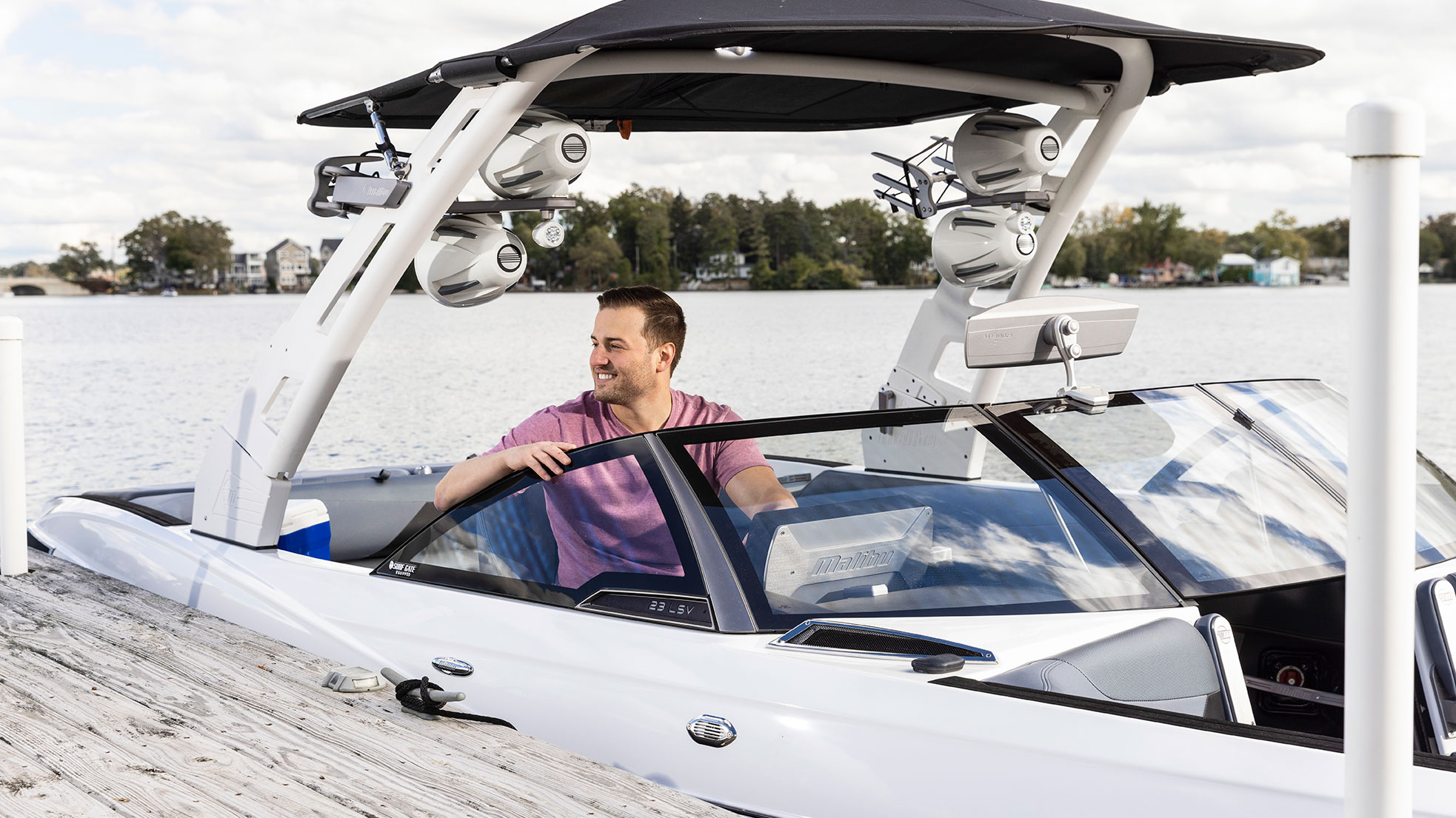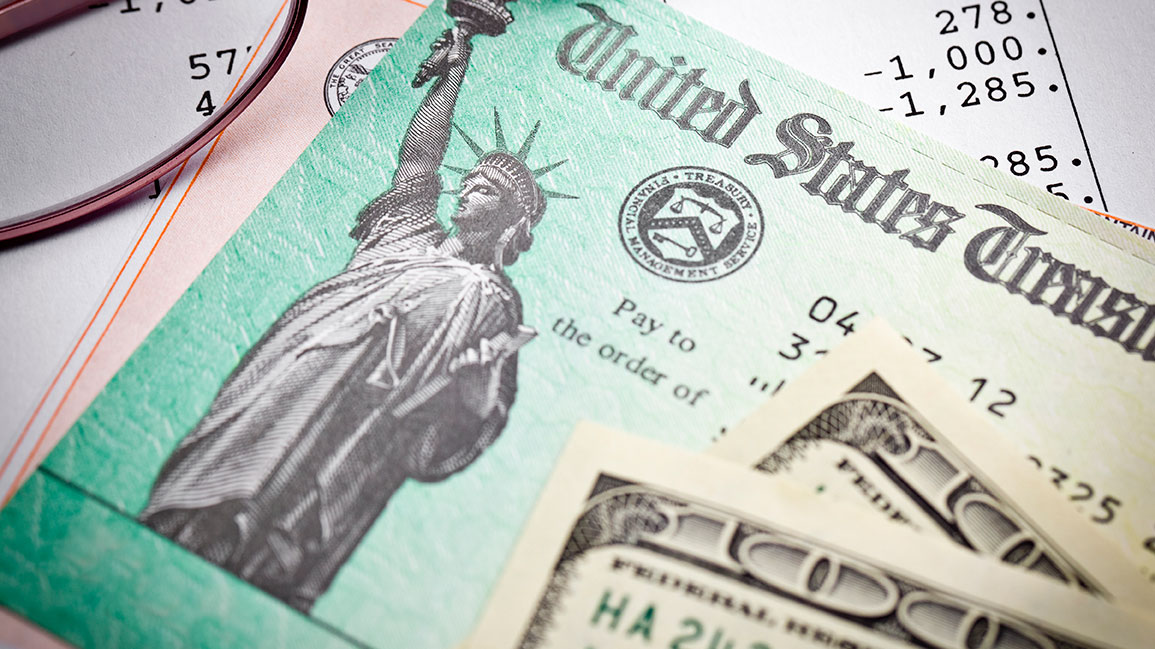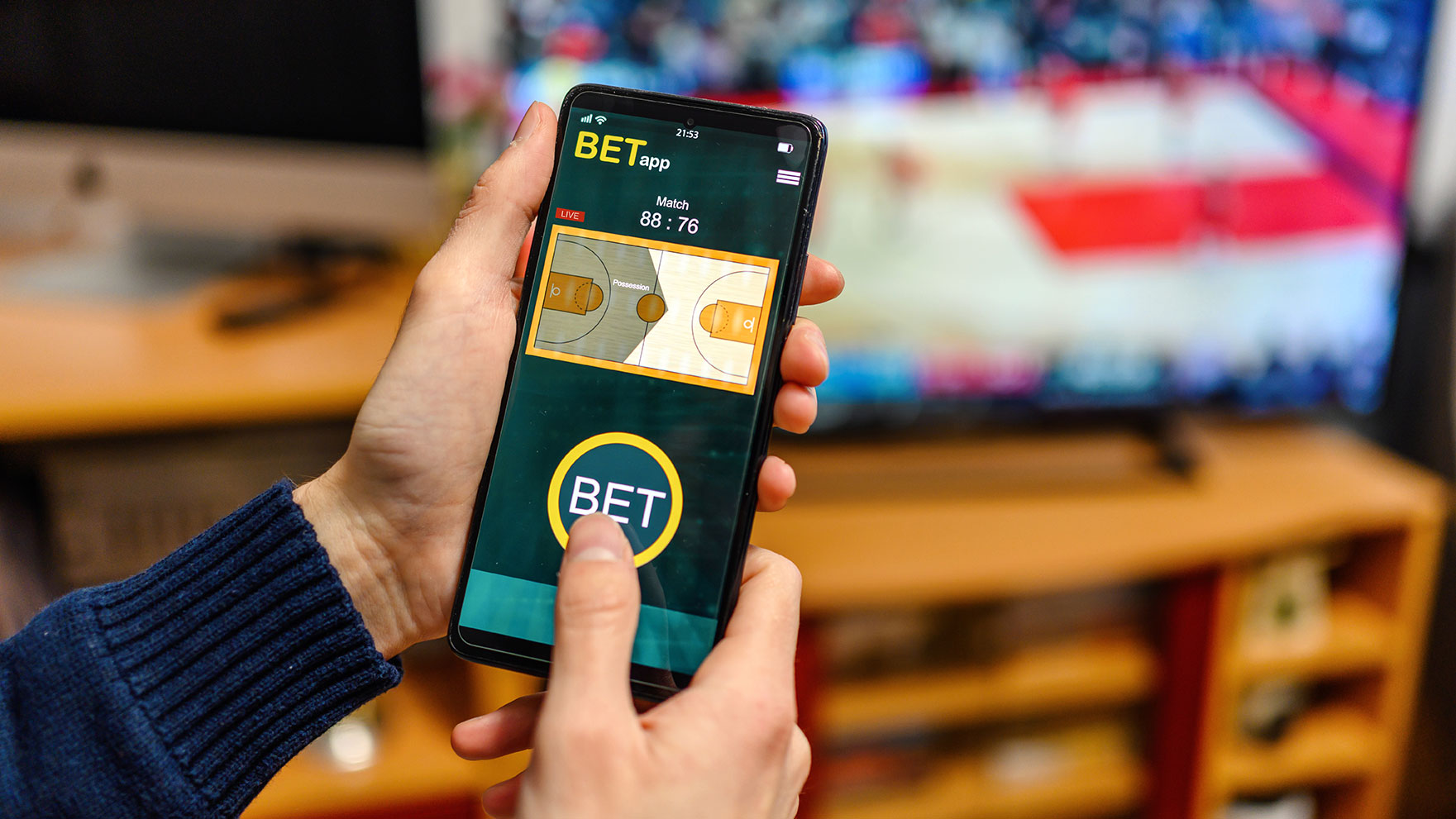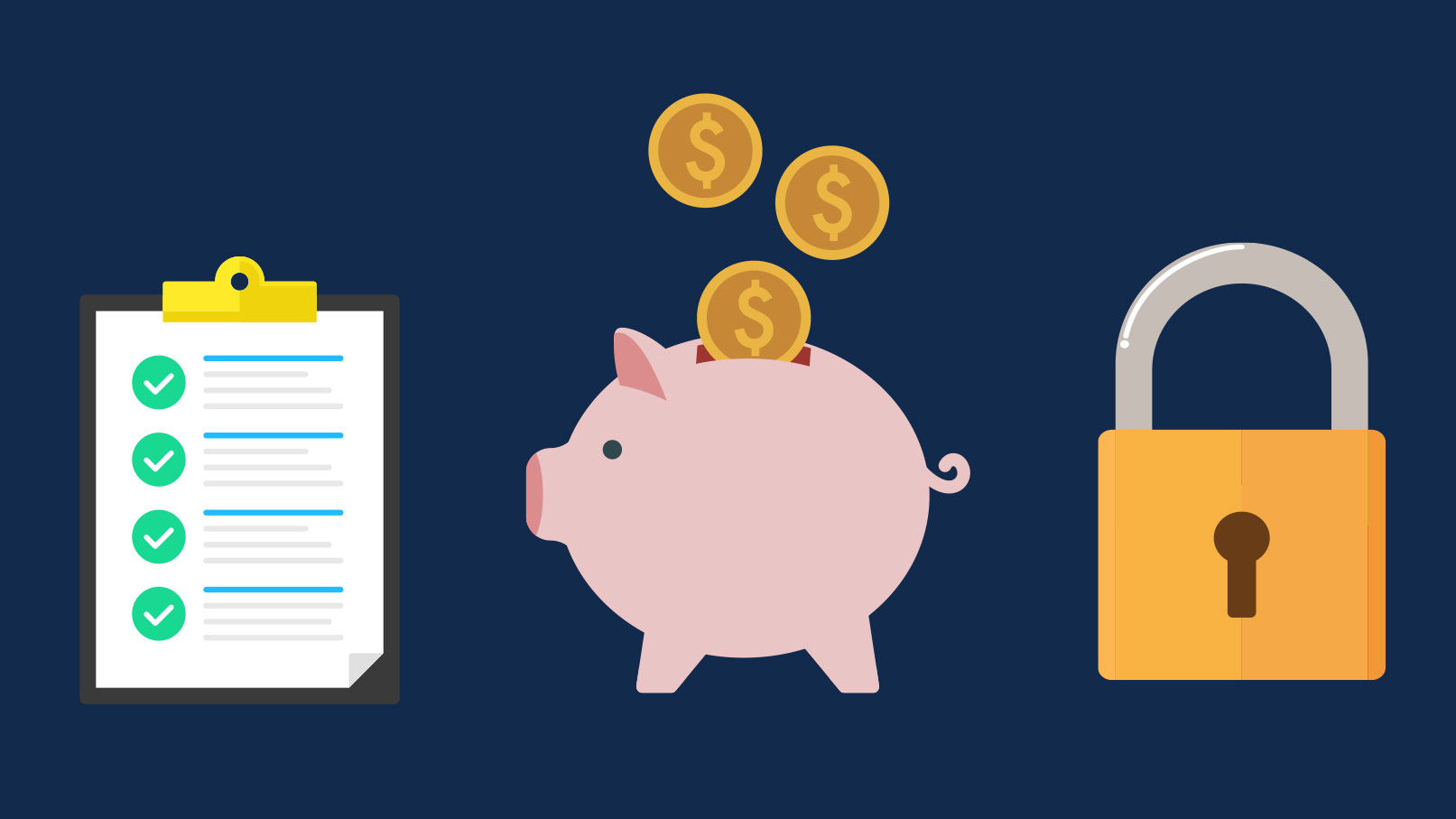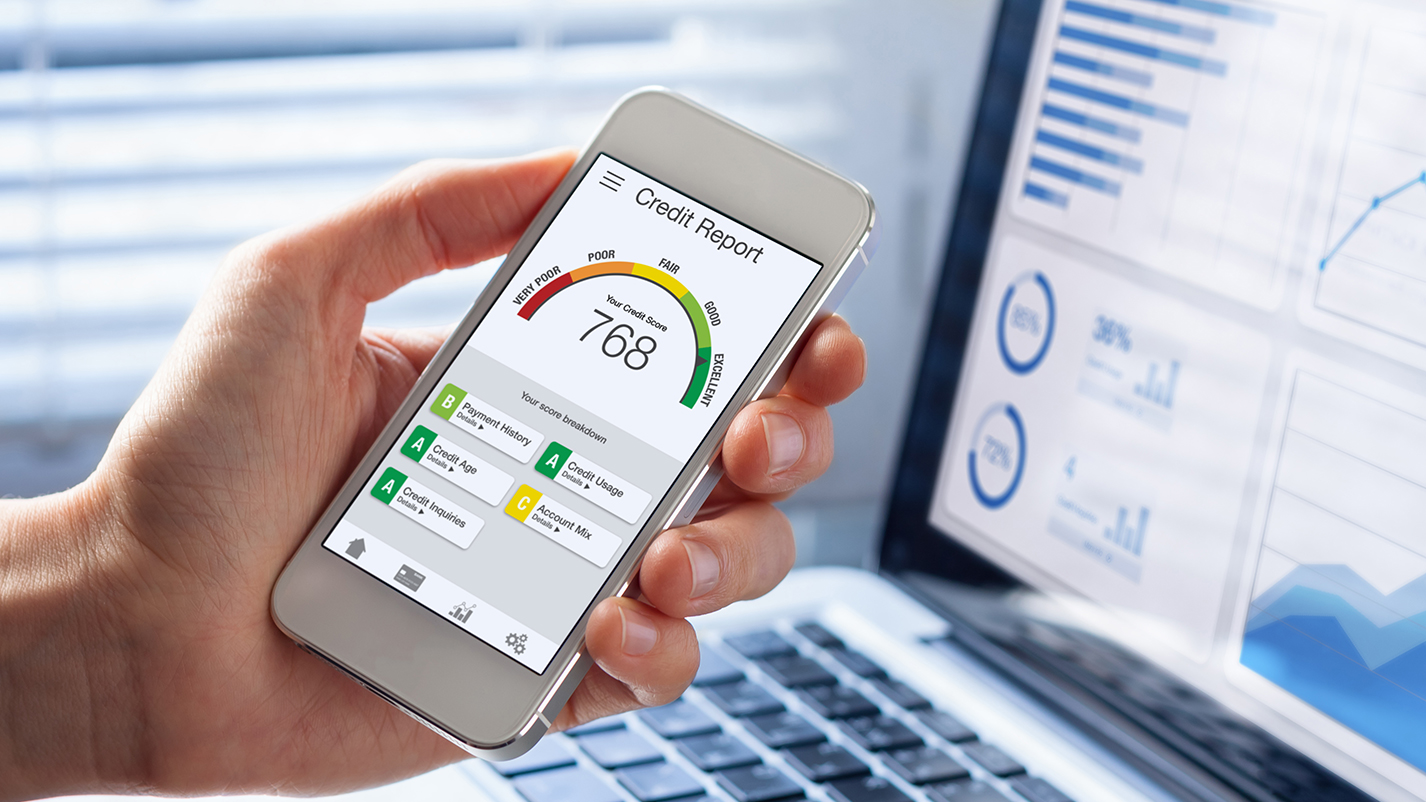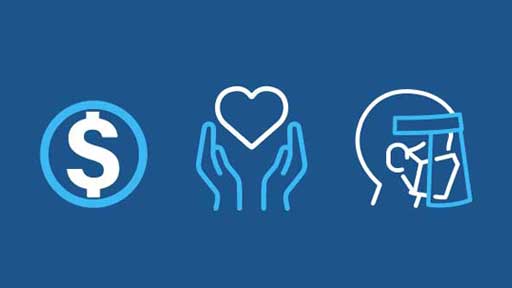
What is a credit score? Simply put, it’s a number that rates your creditworthiness, or how much of a risk you might be to a lender. Like a test score, the higher the better. Depending on your age and your financial history, you may not have one yet. We’re here to answer your questions so that you can establish a good credit score that will work for you, not against you.
What is a good credit score, and why does it matter?
Your credit score is a number that ranges between 300 (poor) and 850 (excellent). Scores of 700 or more are considered good; over 800 is excellent. Potential creditors will check your score when you apply for a loan, a credit card, or to rent an apartment. A creditor is someone you owe money to. If your score is low, you may be charged a higher interest rate on loans or credit cards, or you may be be asked to put down a larger security deposit on an apartment.
An excellent credit score can sometimes get you better terms on a loan or credit card. For instance, a credit card issuer may give you a lower interest rate and a higher credit limit (the maximum amount you can charge on the card). And for larger purchases like a car or even a mortgage down the line, lower interest rates can translate into saving hundreds or even thousands of dollars over the life of a loan.
Why don’t I have a credit score?
If you’ve never had a loan, a credit card, or any other situation where you have owed money, you don’t have enough credit history to have a credit score. Paying friends and family with apps like Venmo or Cash App doesn’t count toward your credit score.
Once you have a credit card or other credit, such as a utility bill, creditors report your payment history and other information to the three major credit bureaus: Experian, TransUnion, and Equifax. This information from your creditors becomes your credit report and is used to calculate your credit score.
Who decides my credit score, and how do they do it?
There are multiple credit scoring methods, but the one used most often is the FICO score. FICO is short for Fair Isaac Corporation, the organization that does the scoring. FICO bases your score on the information in your credit report.
While your score takes a few things into account, the three most important factors FICO uses to determine your credit score are:
- Payment history. Your payment history is the largest individual component of your FICO score, so making all your payments on time is the first step toward a good credit score.
- Total amount owed. Owing large amounts can negatively affect your score, and keep tabs on your credit utilization. Credit utilization is the amount of available credit that you’re currently using. For instance, suppose you have one credit card with a credit limit of $5,000, and you have a balance of $250 that you owe. Your credit utilization rate is 5% ($250 divided by $5,000). Experts recommend you keep your rate below 30%; lower is better if you want an excellent credit score.
- Length of credit history. Starting early with credit and good spending habits will eventually give you a long, excellent credit history. Luckily for teens and twenty-somethings, less emphasis is placed on length of credit history than the first two factors.
How do debit and credit cards help my credit score?
While using a debit card won’t directly affect your credit score, starting out with a debit card is a great way to establish good spending habits before you get your first credit card. It’s not as easy to spend more than you can afford, because the money comes directly from your own account. The MSGCU Achieve Student Debit Card has additional features to help you manage and save your money, such as a $200 daily limit on ATM withdrawals and debit transactions, and a “Roll Up the Change” option, which lets you round up purchases to the nearest dollar amount and have the change automatically deposited into your savings account.
Once you’ve established responsible habits like spending only what you can afford, you’ll be ready to use a credit card in a way that will give you the best credit score possible. MSGCU is here to support you with different options like our Classic Visa Credit Card, MSGCU Rewards Visa Credit Card or our Titanium Visa Credit Card.
If you don’t quite feel you’re ready for an adult credit card just yet, another great steppingstone to help learn how to use credit responsibly is MSGCU’s Youth Classic Visa Card, designed specifically for 16- to 17-year-olds. This card helps build credit with MSGCU, which means that small mistakes don’t make it to your permanent credit report.
Once you get your card, use it responsibly. Making several purchases during the month is a great way to build history, but only charge amounts you can afford to pay off completely each month. And always pay on time! When it comes time to buy your first car or get an apartment, these good credit habits will really pay off.
Your credit score follows you throughout your life. Get off on the right foot with credit now, and it will help you for years to come.
Want to learn more about managing your money and establishing good credit?
Sign up for our online workshop, Getting Started with Cash & Credit. Or, come talk to one of the certified financial counselors at every MSGCU branch. They can help you build your credit and a good credit score. You can access your credit score for free when you sign in to Online Banking or in the MSGCU Mobile App (choose Credit Score from the menu).
Category: Finance
« Return to "Blog"















